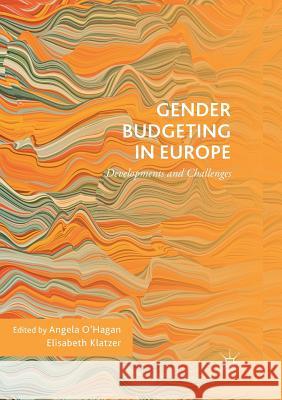Gender Budgeting in Europe: Developments and Challenges » książka
topmenu
Gender Budgeting in Europe: Developments and Challenges
ISBN-13: 9783030097301 / Angielski / Miękka / 2019 / 378 str.
Gender Budgeting in Europe: Developments and Challenges
ISBN-13: 9783030097301 / Angielski / Miękka / 2019 / 378 str.
cena 387,30 zł
(netto: 368,86 VAT: 5%)
Najniższa cena z 30 dni: 385,52 zł
(netto: 368,86 VAT: 5%)
Najniższa cena z 30 dni: 385,52 zł
Termin realizacji zamówienia:
ok. 20 dni roboczych.
ok. 20 dni roboczych.
Darmowa dostawa!
Kategorie:
Kategorie BISAC:
Wydawca:
Palgrave MacMillan
Język:
Angielski
ISBN-13:
9783030097301
Rok wydania:
2019
Wydanie:
Softcover Repri
Ilość stron:
378
Waga:
0.47 kg
Wymiary:
21.01 x 14.81 x 2.08
Oprawa:
Miękka
Wolumenów:
01
Dodatkowe informacje:
Wydanie ilustrowane











